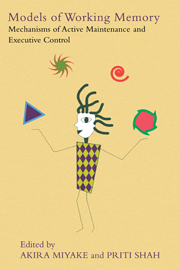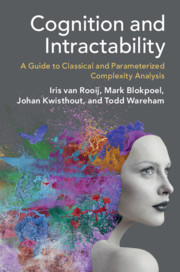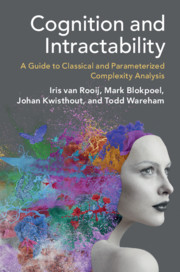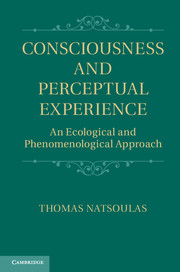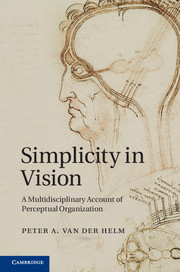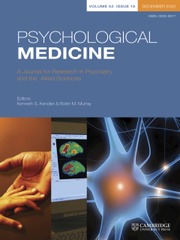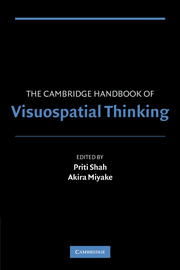Models of Working Memory
Working memory is currently a 'hot' topic in cognitive psychology and neuroscience. Because of their radically different scopes and emphases, however, comparing different models and theories and understanding how they relate to one another has been a difficult task. This volume offers a much-needed forum for systematically comparing and contrasting existing models of working memory. It does so by asking each contributor to address the same comprehensive set of important theoretical questions on working memory. The answers to these questions provided in the volume elucidate the emerging general consensus on the nature of working memory among different theorists and crystallize incompatible theoretical claims that must be resolved in future research. As such, this volume serves not only as a milestone that documents the state-of-the-art in the field but also as a theoretical guidebook that will likely promote new lines of research and more precise and comprehensive models of working memory.
- The book covers a wide range of theoretical perspectives with strikingly different scopes and emphasis
- This volume includes virtually all influential models and theories of working memory that have been guiding research in the field
- Each chapter addresses the same set of questions and theoretical issues, and can be cross-referenced with other chapters
Reviews & endorsements
"Given the varied and disparate nature of working memory models, a volume that asks its contributors to provide a definition and address the same eight basic issues is not just welcome but long overdue." Contemporary Psychology
"[A] good summary of developments in working memory theory....For the reader wanting a review of current thinking...this volume is quite useful....[T]he editors...have provided an important service to experts in this field." American Journal of Psychology
"The organization that the editors implemented was very helpful in understanding and comparing theories....recommended for anyone who strives to remain current in the neurosciences." Journal of the International Neuropsychological Society
"Hats off to the editors who assembled 10 diverse models in one volume, representing moves toward unified theories of cognition, a goal advocated by Newell (1990) and reinforced by many...The volume provides a vast amount of factual information to novices...[it] gives experts an opportunity to ponder significant issues that challenge them to develop new and better systems...the editors largely achieved their goals and have provided an important service to experts in the field." American Journal of Psychology
"The product for the most part is readable with the neural computational models probably being the most abstruse."
Product details
April 1999Paperback
9780521587211
528 pages
229 × 152 × 30 mm
0.77kg
66 b/w illus. 22 tables
Available
Table of Contents
- Preface
- Acknowledgements
- 1. Models of working memory: an introduction Priti Shah and Akira Miyake
- 2. Working memory: the multiple-component model Alan D. Baddeley and Robert H. Logie
- 3. An embedded-processes model of working memory Nelson Cowan
- 4. Individual differences in working memory capacity and what they tell us about controlled attention, general fluid intelligence and functions of the prefrontal cortex Randall W. Engle, Michael J. Kane and Stephen W. Tuholski
- 5. Modelling working memory in a unified architecture: an ACT-R perspective Marsha C. Lovett, Lynne M. Reder and Christian Lebiere
- 6. Insights into working memory from the perspective of the EPIC architecture for modelling skilled perceptual-motor and cognitive human performance David E. Kieras, David E. Meyer, Shane Mueller and Travis Seymour
- 7. The soar cognitive architecture and human working memory Richard M. Young and Richard L. Lewis
- 8. Long-term working memory as an alternative to capacity models of working memory in everyday skilled performance K. Anders Ericsson and Peter F. Delaney
- 9. Interacting cognitive subsystems: modelling working memory phenomena within a multiprocessor architecture Philip J. Barnard
- 10. Working memory in a multilevel hybrid connectionist control architecture (CAP2) Walter Schneider
- 11. A biologically based computational model of working memory Randall C. O' Reilly, Todd S. Braver and Jonathan D. Cohen
- 12. Models of working memory: eight questions and some general issues Walter Kintsch, Alice F. Healy, Mary Hegarty, Bruce F. Pennington and Timothy A. Salthouse
- 13. Toward unified theories of working memory: emerging general consensus, unresolved theoretical issues and future research directions Akika Miyake and Priti Shah
- Indexes.

